Beans Mean the World to Difference Coffee Founder Amir Gehl
Press release from the issuing company
How did he go from a non-coffee-drinking tea-lover to joining an exclusive club and selling some of the world's rarest, most unique speciality coffees?
"Most coffee lovers have never tasted the world's best coffees," said Difference Coffee CEO Amir Gehl. Well, neither had he until a few short years ago. And having started with the intention of investigating his dislike for coffee, he's now a fully-fledged aficionado.
Now that he has fully acquired a taste and appreciation for award-winning, single-farm speciality coffees, Gehl now makes his machine-compatible capsules containing some of the world's rarest, most exclusive coffees available directly to consumers, as well as supplying Michelin-starred restaurants across the globe.
"I've always wanted to create something of my own," said Gehl, pausing only to sip his first coffee on a Monday morning. "I get a lot of joy from seeing people enjoy what I do. When you see somebody interacting with a product that you sell and then deriving a lot of pleasure from it, it's something that's fun for me."
When Gehl started Difference Coffee, he had zero industry knowledge. His obsession with the bean trade grew out of a mixture of curiosity, asking questions and pure hedonism. Not only that but when he realised he was onto something, the belief in his products meant turning his daily grind into business success.
"Until about a year before setting up Difference Coffee, I wasn't a coffee drinker," he told London Packaging Week. "I was a tea drinker. And my wife made us buy a Nespresso machine. I thought I was not too fond of coffee, but I've got a Nespresso machine at home, so I might as well try it.
"I tried all the different capsules of Nespresso and started drinking those. I would put some sugar inside to balance the bitterness. And after a while, I started drinking coffee out of home.
"One day, I asked a simple question: 'Where's the best coffee?' Can I try the best coffee in the world? I'd heard of varieties like Jamaica, Blue Mountain, and Kopi Luwak, which goes through the civet cat. But Nespresso wasn't making those in capsules.
"I'm not a barista or a brewer; at least I wasn't then, so I didn't know anything about how to use beans. So, I didn't have access to the best coffees. And that sparked the idea of bridging the gap between people with a Nespresso machine and those great rare varietals of Arabica."
Gehl recalls discovering that purchasing empty capsules was an option, so he headed to Harrods and purchased some ground rare coffee from its food hall. He initially wanted to buy Kopi Luwak, but that was £2000/kg, so he opted for the cheaper Extra Fancy coffee from Kona in Hawaii (£200/kg, of which he bought 100g).
"I got home, filled up a capsule, pulled a shot, and the taste was absolutely delicious and so much better than anything I've tried thus far," he added. "I thought, wow, I'm onto something here."
Everyone who gets into coffee knows that the market is huge, and most players aim to make a lot of money. But Gehl aims to grow each year by sourcing more of the best and making it available to his discerning clients.
Coffee is the second most traded commodity in the world after oil. That means there are an awful lot of brands out there. Like wine, 99% of coffee sold is commodity grade, and just 1% qualifies for the Grand Cru Classe. In the world of Arabica, this is called speciality grade coffee. Difference Coffee specialises in identifying the absolute best lots of that 1% - the top 1% of the best 1%.
"In this sense, we literally buy the tastiest coffee in the world," he added. "Coming from a background of not liking or drinking coffee, I am now extremely well regarded in the industry, and access to these fine beans is staggering.
"I had to learn very quickly, and learning was asking about how coffee is graded.
"I discovered, in a nutshell, that there is a 100-point system for scoring coffee. Any coffee above 80 points is deemed a speciality grade. If you can find a farm with a producer who cultivated beans with the highest point scores from that country, you can buy them and have the best coffee from that country.
"And it so happens that there are many coffee competitions in the world of coffee. In Panama, you've got the Best of Panama; in Brazil you've got The Cup of Excellence; and in Kona, you've got the Kona Cupping Competition. So, you have a whole bunch of farms competing for those titles. Normally, you'll see one or two hundred small farmers coming to compete in a competition, and a team of national and international graders grade all their coffee.
"If they score 86 or 87 upwards, they are known as winners, and the winners are taken to auction. So basically, by following the auctions, by bidding the highest prices for those beans, we've been able to buy the best coffees on earth."
Having transformed from a coffee novice to securing coffees that are certifiably some of the best on Earth, Gehl now has chef patrons coming from luxury hospitality: 5-star hotels, private members clubs and Michelin-starred restaurants. Such has been his rise that the once tea drinker now sits on the Alliance for Coffee Excellence board.
"We've taken the route of working a lot with Michelin restaurants," he added. "And we do that worldwide. We've got over 100 Michelin chefs working with us, and many of the estates want to give us their absolute best crop so that those crops can land in the best kitchens in the world."
Gehl, who has paid $10,000 per kilo for a coffee, is still staggered that nobody spotted the gap before he did, although he fully admits his modus operandi is very, very, very niche.
"If you look around the world at who buys the top-end crop I'm getting, you'll get a lot of speciality roasters in Japan and Indonesia."The prices in Europe have gone up so much that when you speak to any good speciality roaster in the UK, and you ask them about the kind of coffees they buy, they'll say they are ridiculously expensive.
"We've put them in capsules, which has a much better coffee price ratio because you don't need to use as much coffee per shot as you would in the traditional machine. So, it becomes a little bit more affordable."
Just before this discussion, in anticipation of his appearance as part of the world-class programme of talks at London Packaging Week, Gehl picked up one of his latest coffees, bought from a Japanese producer who moved to Costa Rica to create his farm. After brewing it, smelling it, tasting it, and fully appreciating every drop for just how delicious it was, it was time to discuss how he settled on the brand’s packaging.
Gehl remembers heading to Notting Hill in search of a speciality coffee shop some eight or nine years ago and was handed a non-descript paper bag.
"I kid you not; it looked like something I'd just picked up from my dog having a walk in the park," he said. "Honestly, I took a picture of it. I remember that vividly. How can someone take what is regarded as the top 1% best Arabica on earth and put it in something that looks like dog poop? So, my idea at the time was to do the exact opposite and to find packaging that would celebrate those beans, something that would make people go ‘wow’, something almost like a bit of a chocolate box.
"I wanted something you could open up, and you get the capsules inside, and they're all sitting beautifully.
"It was more about choosing materials from the fashion world, looking around at what Jo Malone packs looked like, what Creed looks like, what some of the other designer brands look like."
Gehl found his inspiration in the 135-year-old G. F. Smith Collection book, thumbing hundreds of paper stocks. There, he came across Winter and Co. and their Wibalin® Buckram paper with all the different colours.
"I was like, yes, that's the one," he added. "That's the one I'm used to seeing in all those beautiful shops; it felt synonymous with luxury brands. And that's what it needs to be.
"I think, obviously, there have been changes in the past number of years because of sustainability and the need to resize and reduce, and we're offsetting. And just seeing how we can work smarter with paper. Ultimately, it's about working with packaging that celebrates the product's quality because you can't sell something that is the best, in a pack that looks the worst."
When it comes to the actual capsule material, there are not many choices. The shape is dictated because it is a shape that is used for the machines. You can use aluminium capsules and plastic capsules, and you can use compostable plastics, with the main advantages or disadvantages of compatibility mostly, which ultimately affects product quality because of your ability to extract better flavours.
"We have looked a lot at the compostable ones," said Gehl. "The main problem with compostable capsules is that they need to be industrially composted because they have a high oxygen barrier.
"You need to recycle them in the same way that you would plastics or the same way that you recycle the aluminium using Podback. If you try to stick it with your food waste, the recycling services might think you've contaminated it with the bioplastic, so there's a good chance it might all end up in landfill anyway.
"I think it's a very, very complicated, multi-layered issue. People need to understand that it is possible to recycle most things today, and the capsules are very easy to recycle. We need the infrastructure to catch up."
Difference Coffee provides clients with the world's tastiest speciality coffee. It is working with Earthly to do it most responsibly by investing in high-quality nature-based projects that remove carbon, restore biodiversity and improve livelihoods. For Gehl, high quality comes hand-in-hand with sustainability, that's why the coffee selected is sustainably grown and ethically sourced.
"I think that because of our sourcing philosophy," said Gehl. "Because we buy coffee based on points and we work with legendary estates that compete in all these competitions and auctions and so on, we are regarded as one of the, if not the, highest paying coffee company in the world to farmers.
"It's interesting because I've not built the company based on sustainability. I've not built a company based on paying people more. But it just so happens that to buy the best coffee, you need to pay the most. It happens to be the most sustainable thing as well. I'm happy to go to sleep at night, knowing I spend more than anybody else.
"If somebody says our coffee is expensive, my answer is they're not expensive. They are the most expensive and the most expensive for a reason. But there's a lot of good that comes with it. And ultimately, it's still cheaper than going to Starbucks and having a Café Mocha Grande."
According to Gehl, most coffee lovers have never tried the best coffee in the world, and he's the first to admit that's exactly what he's trying to solve. And who knows, maybe he would have tried coffee a lot earlier had he known what great coffee tastes like.
Gehl will share the Luxury Stage with Noah Bier, Founder & CCO of Makers Cabinet for a session titled ‘Brands to Watch: Businesses blowing up in 2025’ on Thursday, 12 September, 11:30 am – 12:15 pm.
Complimentary visitor registration is available until the opening day of the event, and organisers Easyfairs encourage people to sign up sooner rather than later.
- Questions to ask about inkjet for corrugated packaging
- Can Chinese OEMs challenge Western manufacturers?
- The #1 Question When Selling Inkjet
- Integrator perspective on Konica Minolta printheads
- Surfing the Waves of Inkjet
- Kyocera Nixka talks inkjet integration trends
- B2B Customer Tours
- Keeping Inkjet Tickled Pink
© 2024 WhatTheyThink. All Rights Reserved.

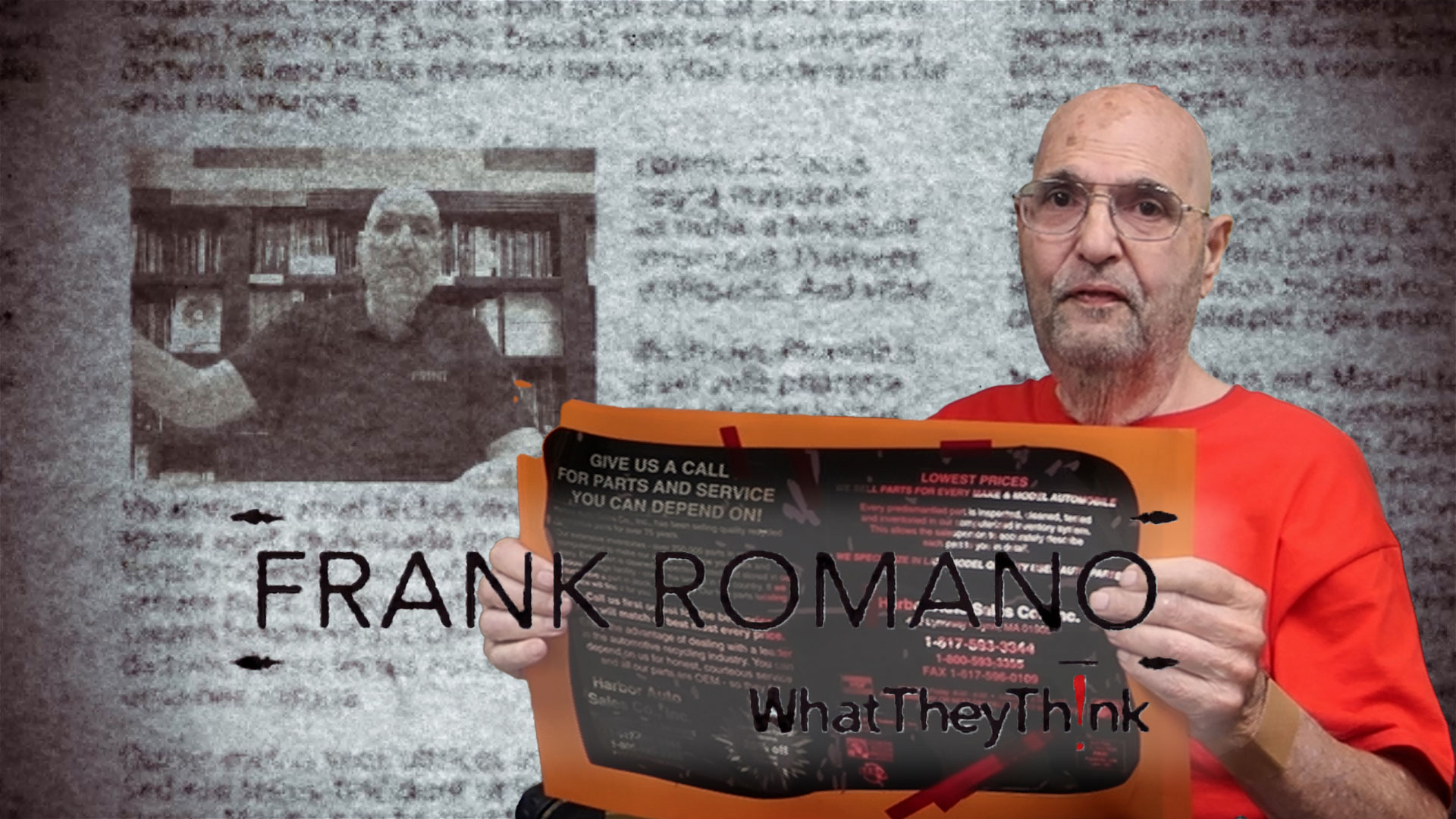
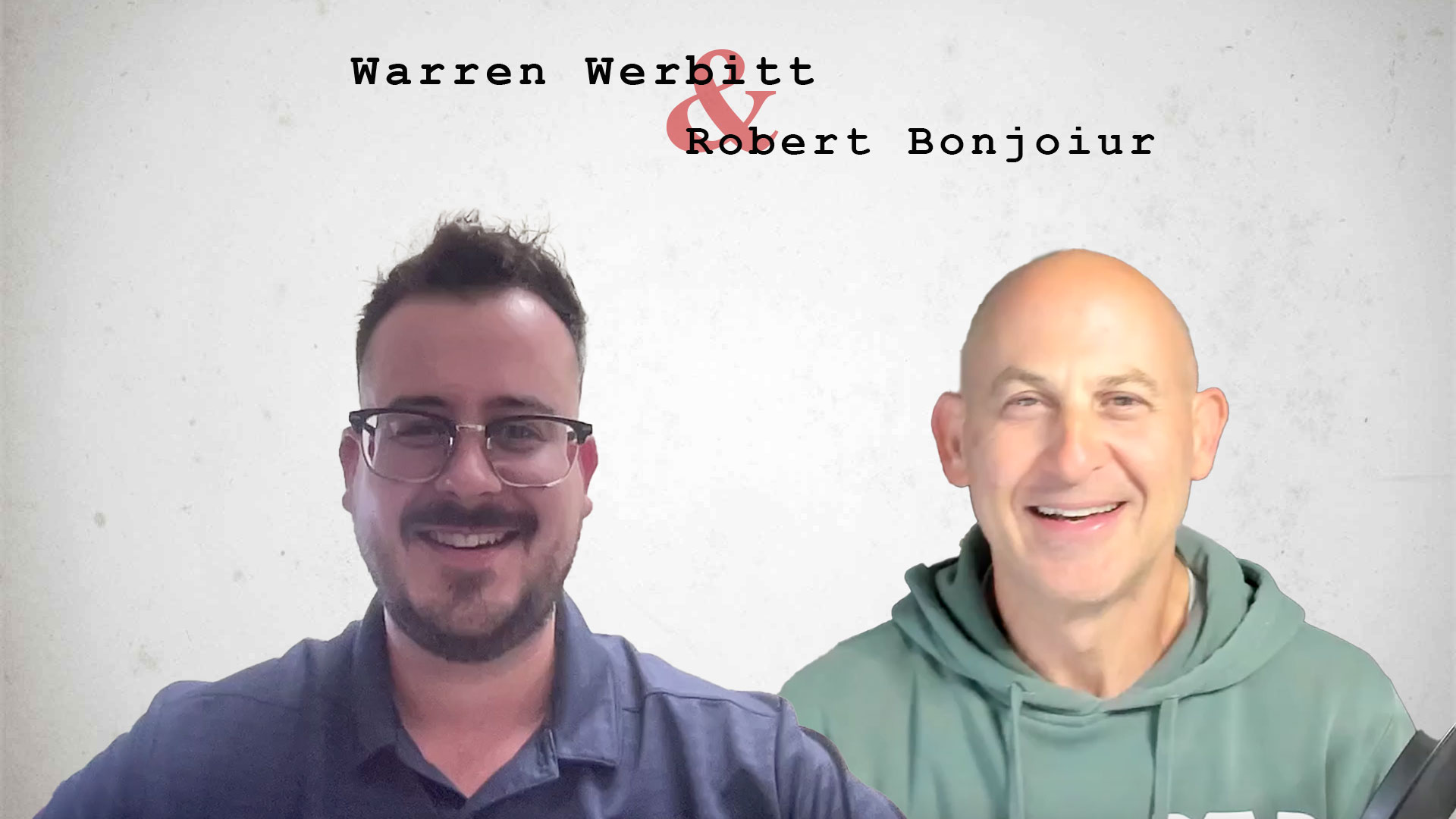
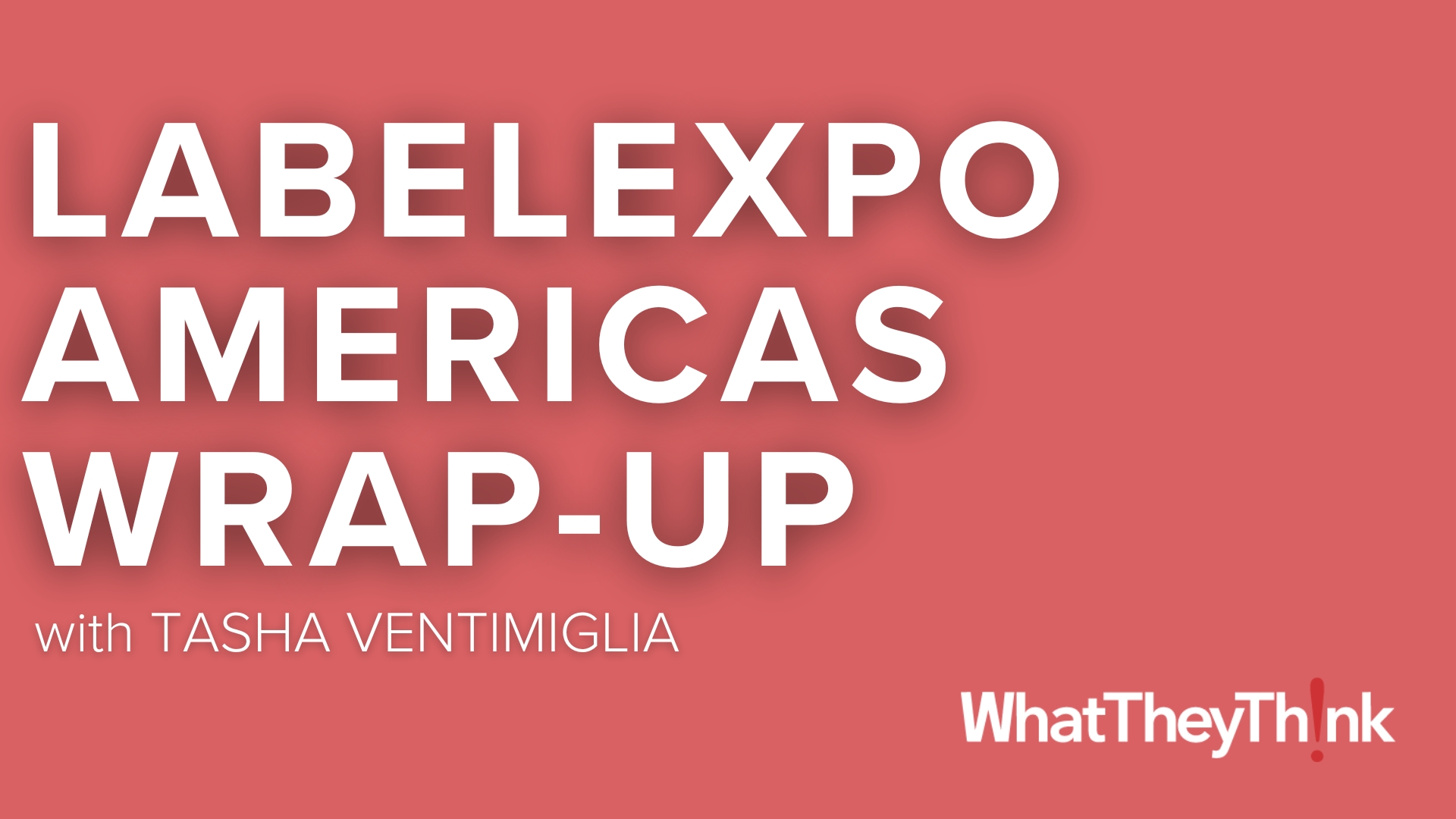
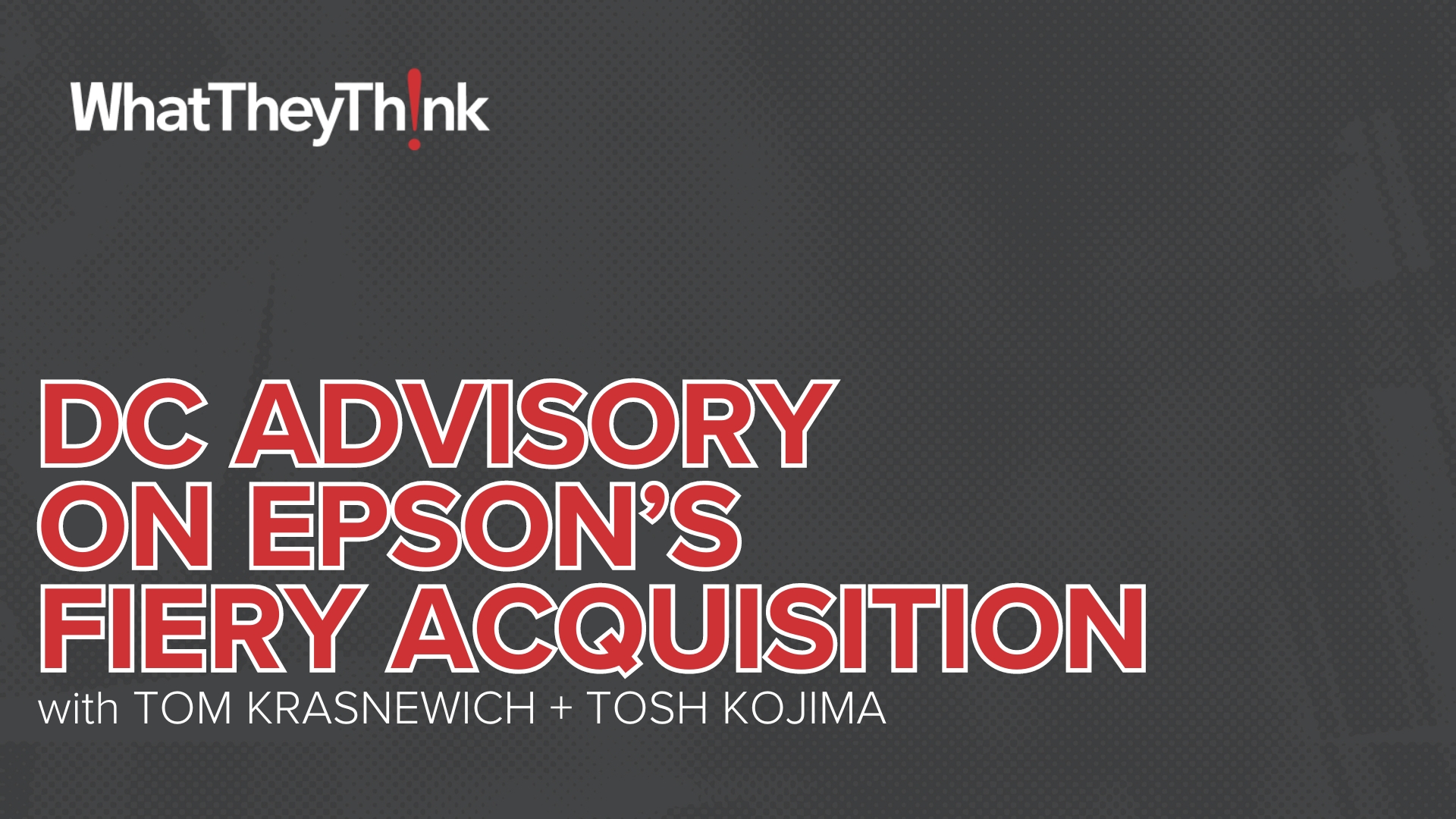
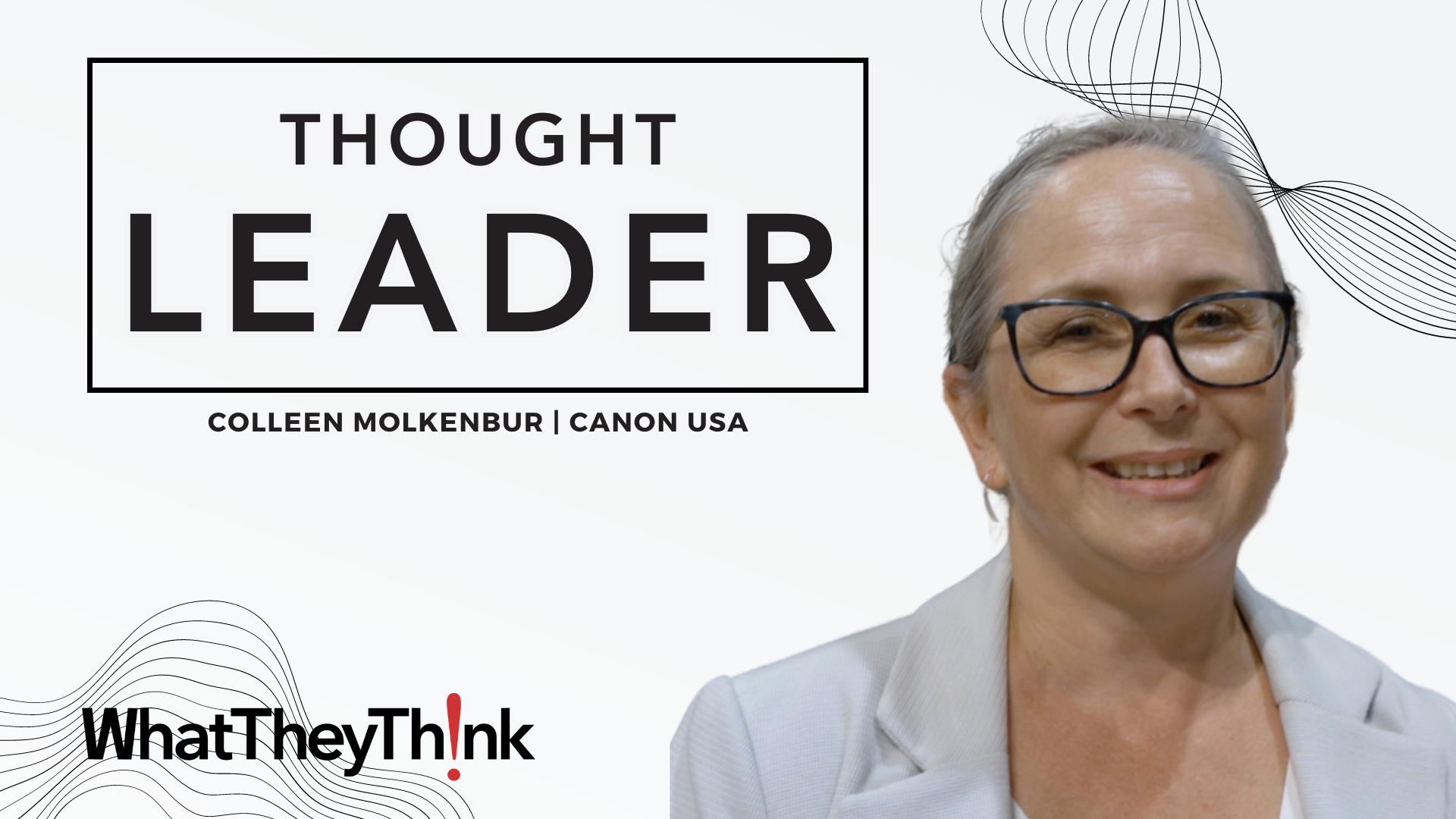
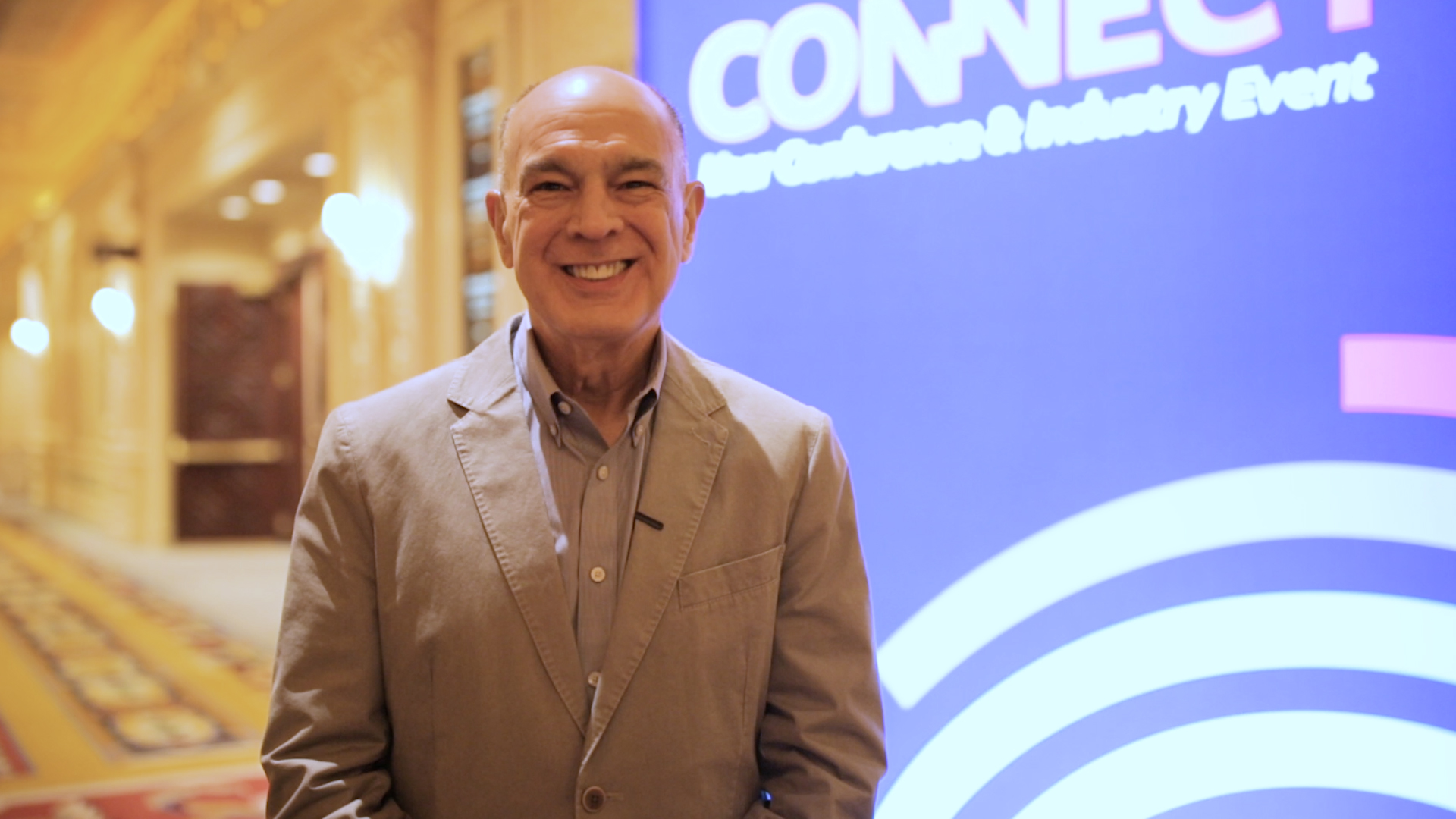
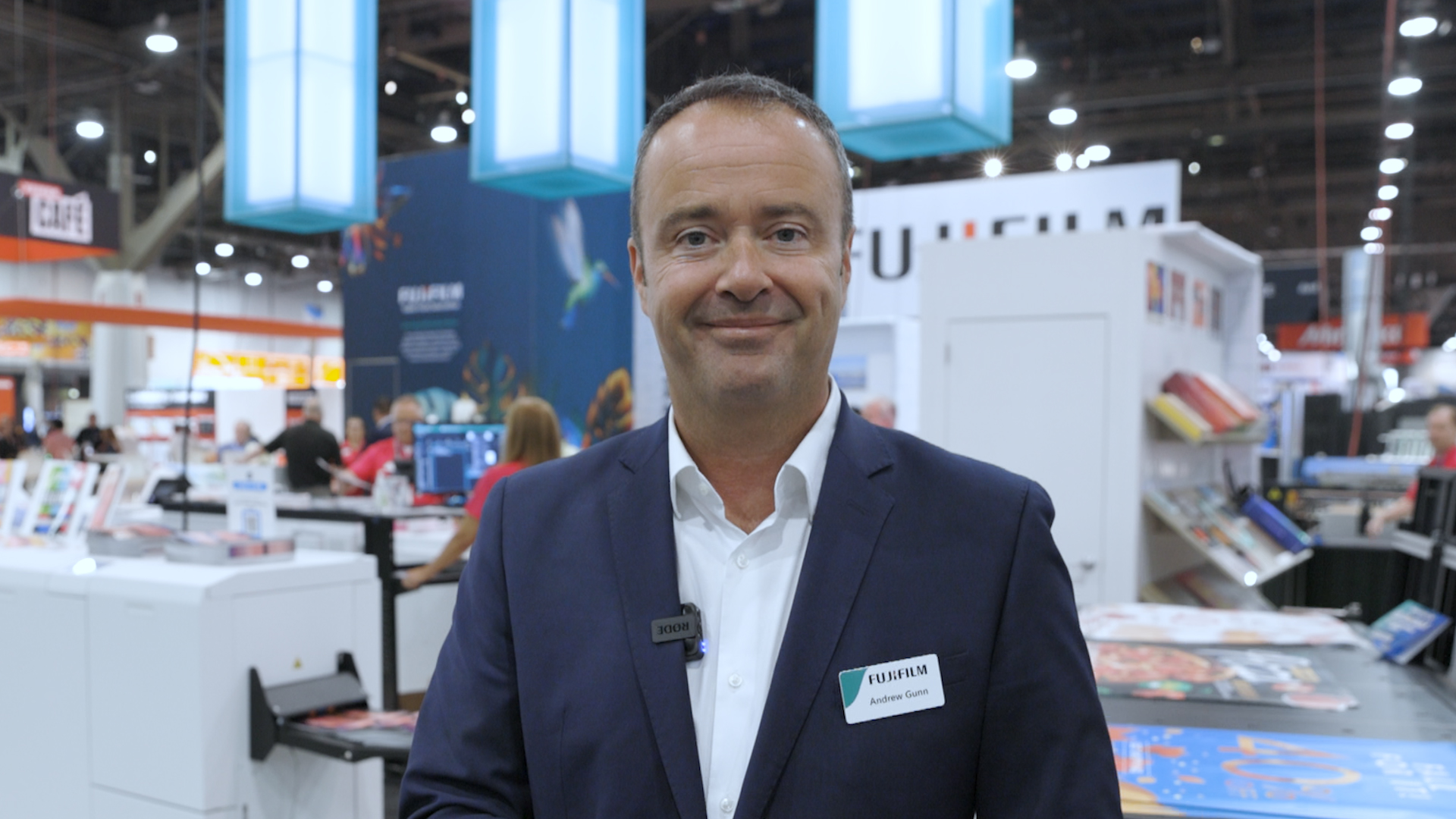
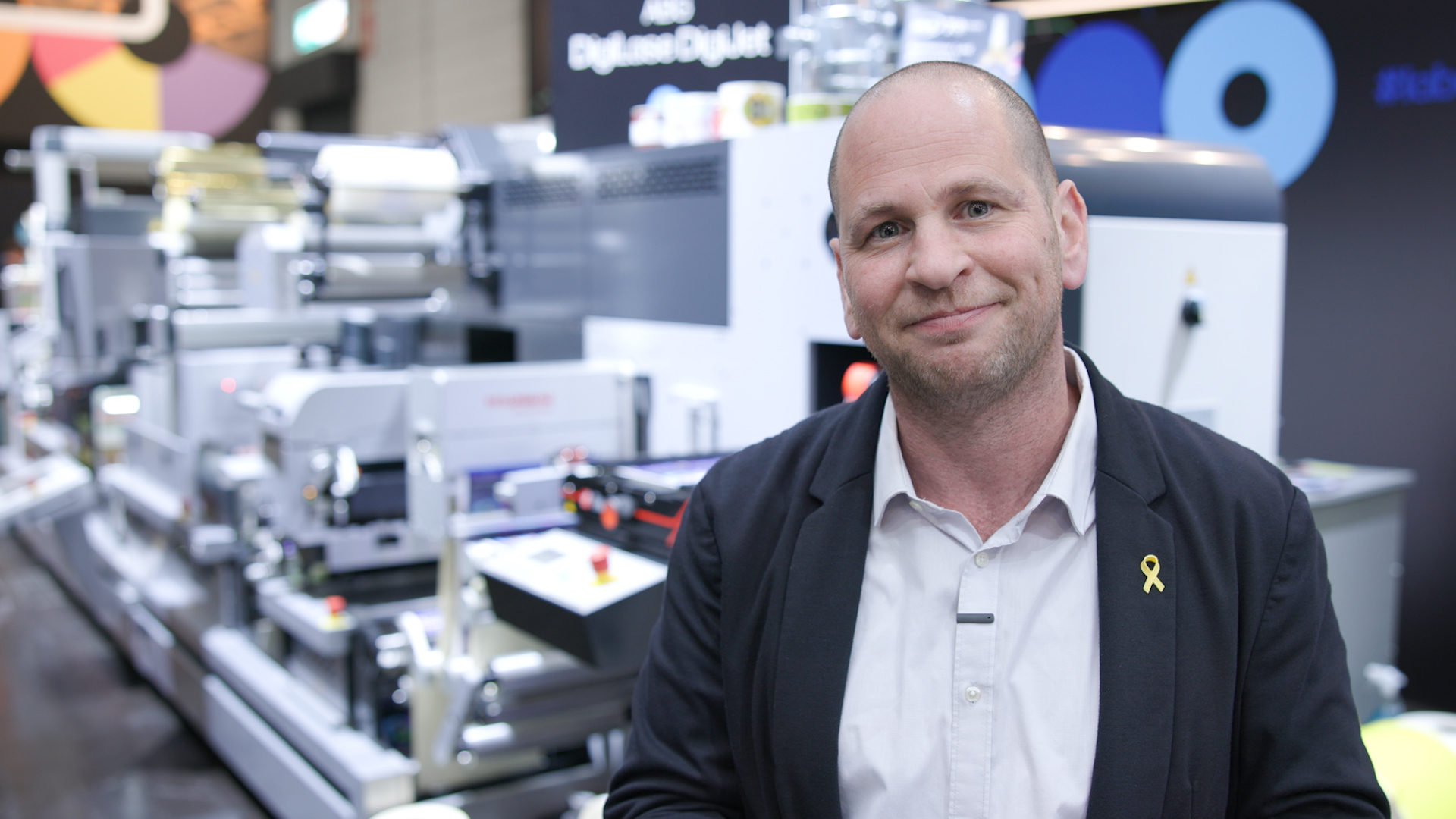
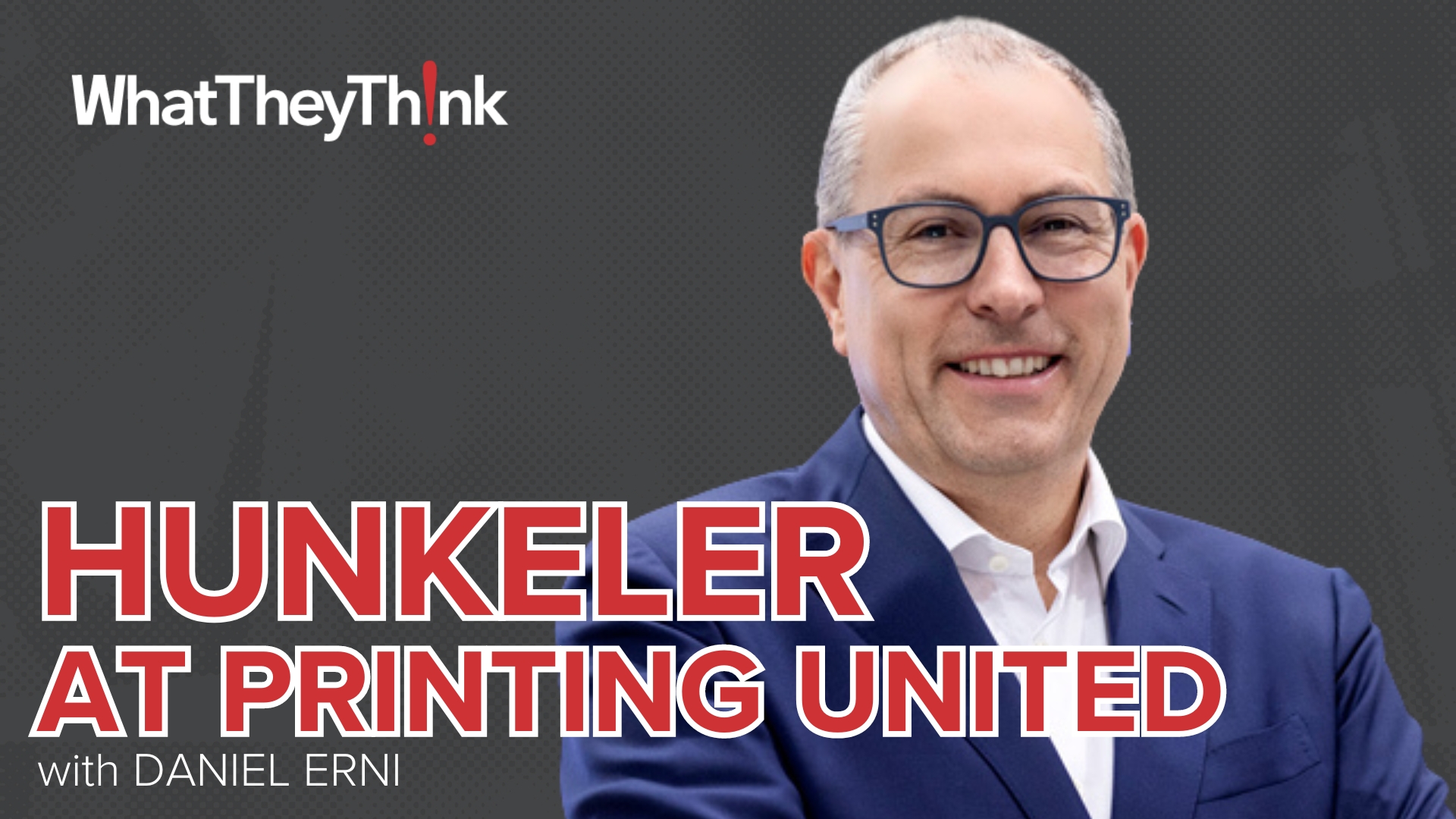
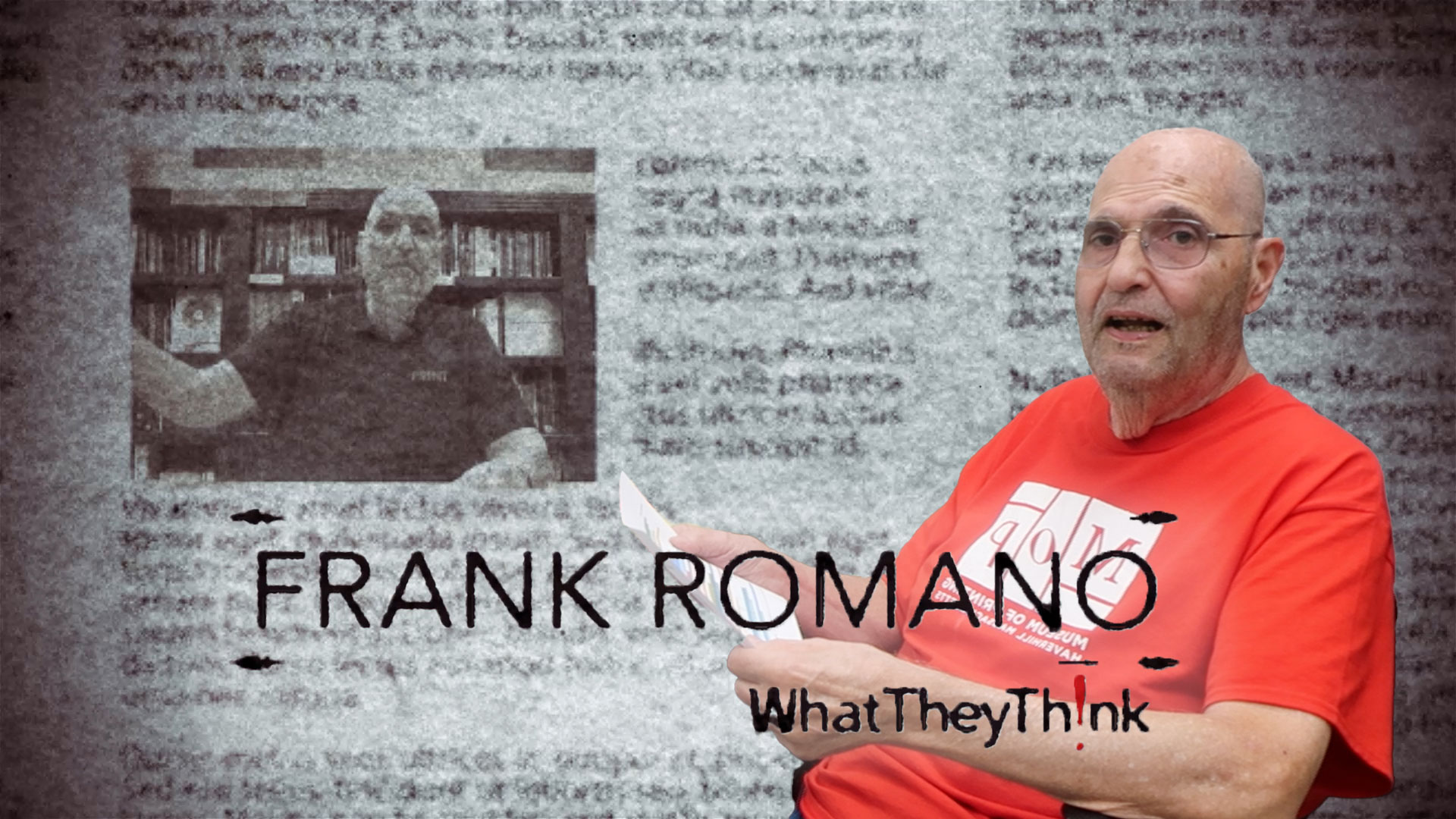
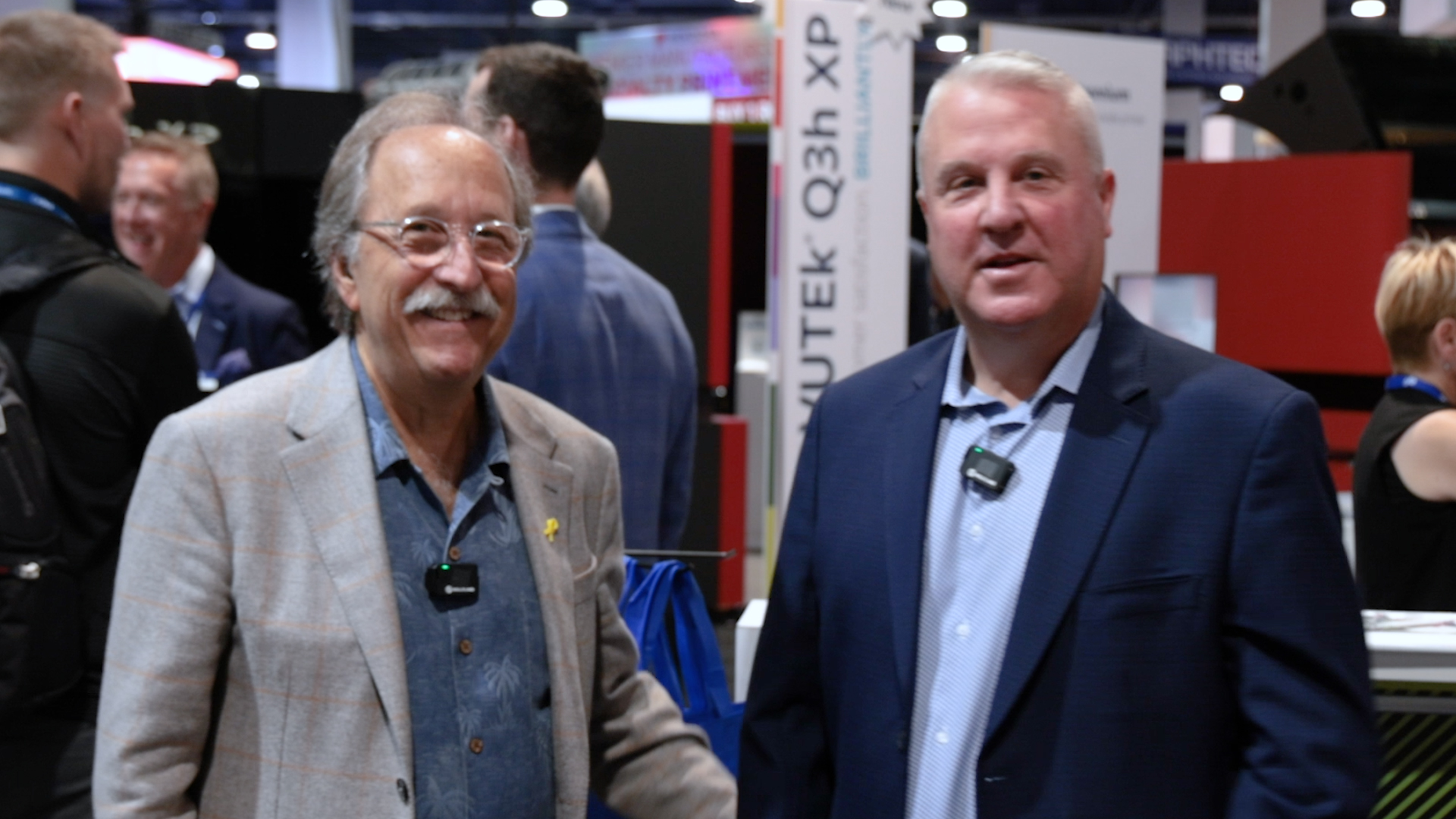
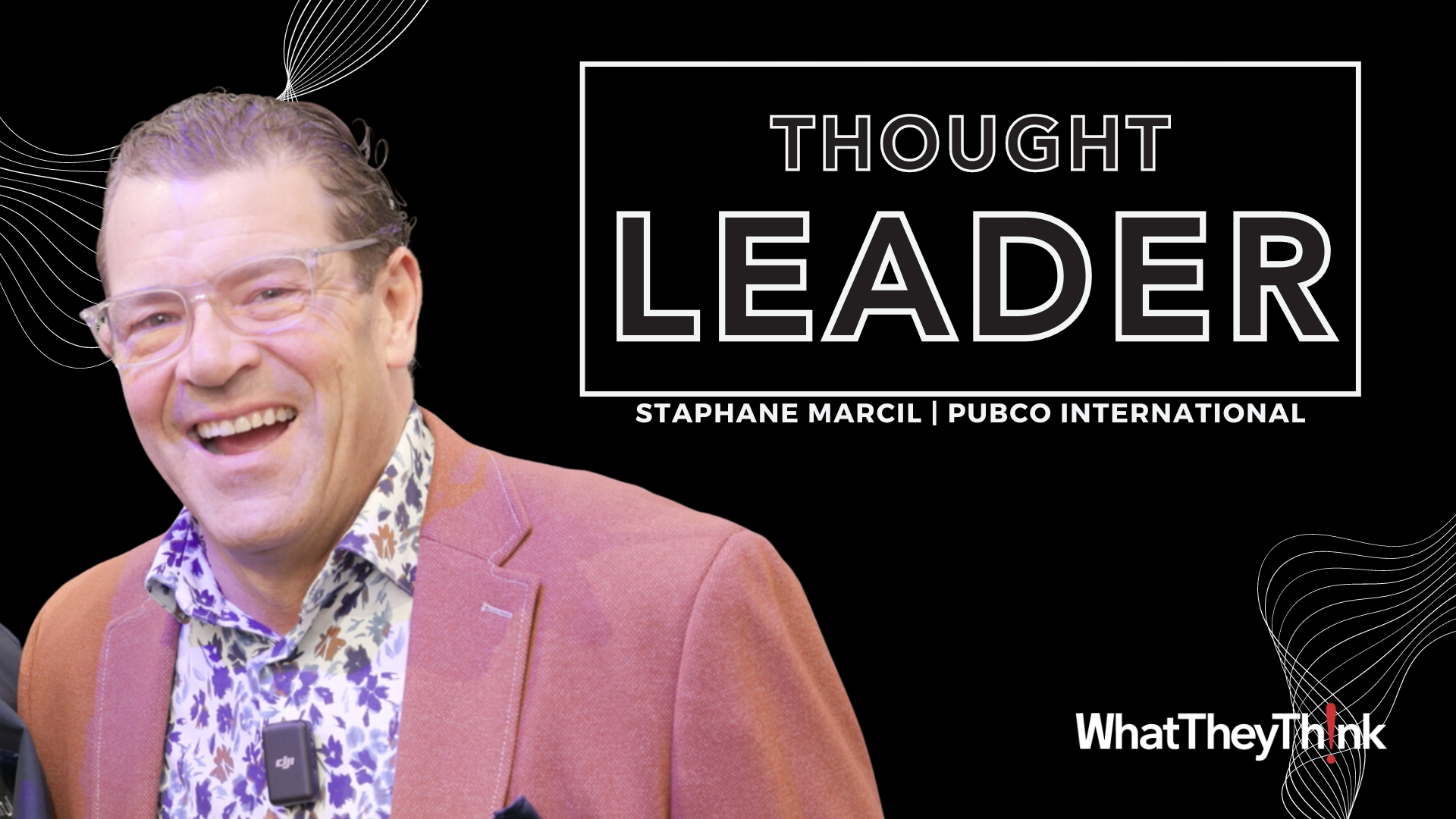


Discussion
Join the discussion Sign In or Become a Member, doing so is simple and free